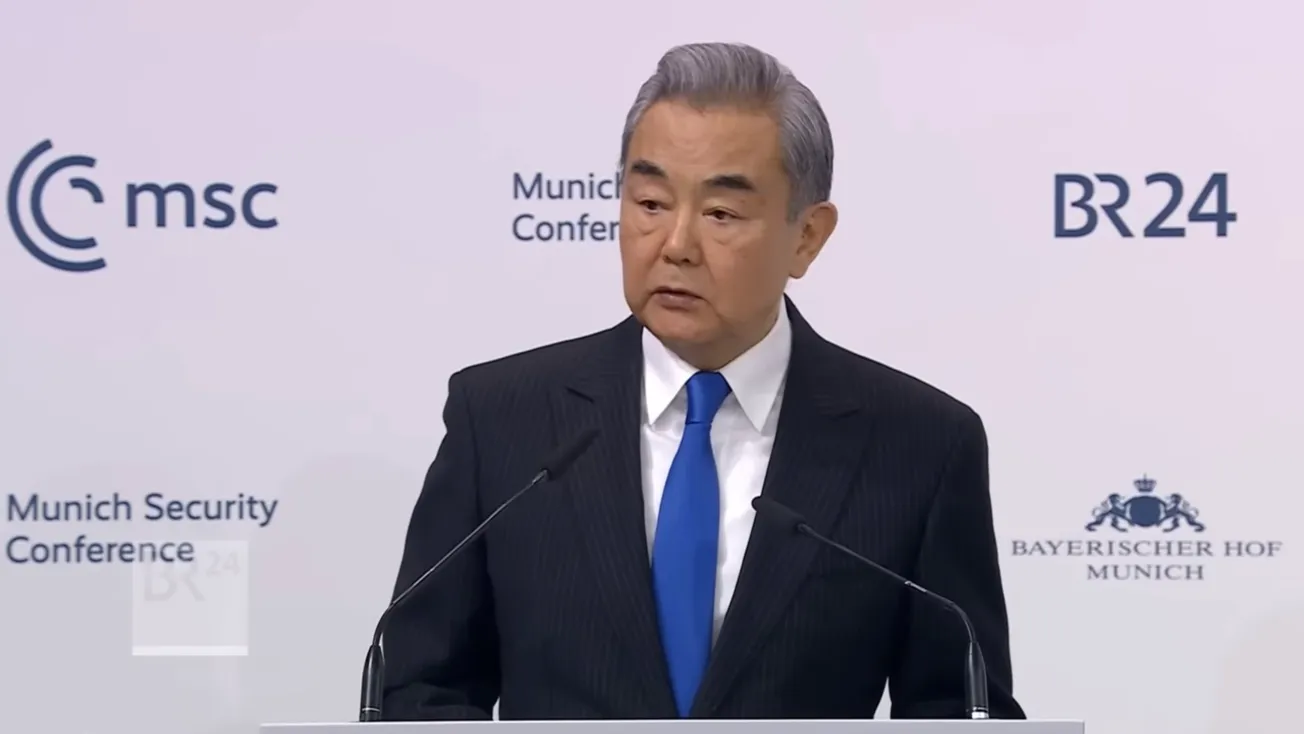The White House is reportedly very unhappy with remarks that Argentine President Alberto Fernández made in Moscow yesterday, about wanting to be less dependent on the U.S. and the IMF and seek out other allies. Neither the White House nor the State Department have said anything publicly, and along with the IMF, declined to comment to the correspondent of the Argentine daily Clarín, which generally lines up with the Anglo-American establishment. Someone who did comment was Michael Shifter of the Wall Street-linked Inter-American Dialogue, who told Clarín he didn’t think Fernández’s remarks completely reflected his views, which may have some truth to it, given Fernández’s recent dealmaking with the IMF, noting that he is the head of a “fragile and complicated domestic coalition,” the Front for All. Even so, he said, “the tone of his speech and the fact that he made it right in the middle of the greatest tensions between the U.S. and Russia since the end of World War II, is going to disillusion those in the Biden administration who bet on helping Argentina at a difficult time.” He ventured that Fernández’s comments were probably directed toward a domestic audience–the most radical anti-IMF part of his base, referring to the factions linked to Vice President Cristina Fernández de Kirchner–but added “in diplomacy there’s a difference between balancing and flipping.” His remarks seemed like “an outburst and a provocation,” he said.
A more hysterical response came from Benjamin Geden, a former Obama administration official now at the Wilson Center think tank, who raved that President Fernández met with the Russian “dictator” and former KGB officer “to announce his goal of diminishing the relationship between Argentina and the United States, a democratic country with an economy much larger than Russia’s with much closer economic links with Argentina than any existing between Argentina and Russia.” Reflecting Biden’s penchant for dividing the world into “democracies'’ and “autocracies,” Geden arrogantly proclaimed that “If Argentina has any diplomatic weight at all, it’s a product of its strong democratic institutions, its history of defense of human rights, and its good relations with Western powers.”



